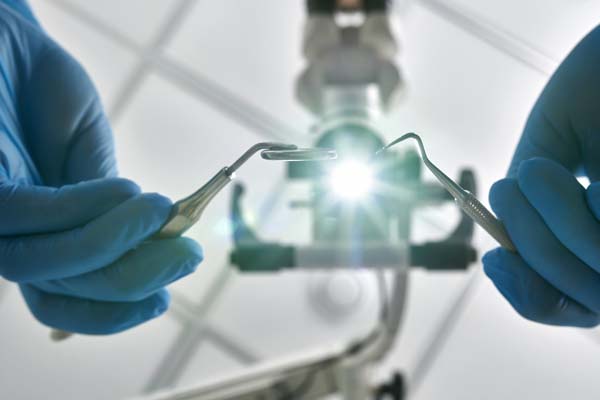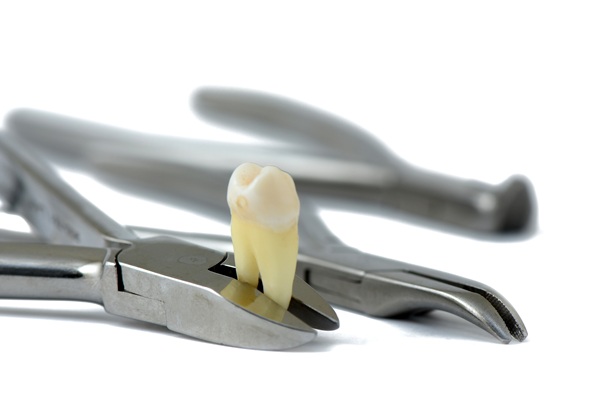When a Bone Graft Is Needed In Dentistry

While it may sound like a serious procedure, a bone graft is routinely used to treat bone loss. In most cases, it is used to stimulate bone growth in the part of the jaw bone that secures your teeth. Bone loss can occur from untreated periodontitis, trauma, missing teeth, other infections, and misalignment. There are four main types of bone grafts differentiated by the source of the bone. The type chosen will depend on the patient and the recommendation of the dental specialist.
When is a bone graft needed?
Bone grafts are used to treat jaw bone loss. Some of the most common causes of jaw bone loss requiring bone grafts are listed below.
Periodontitis
Periodontitis occurs when gum disease goes untreated. It is caused by plaque building up on the teeth. Plaque contains bacteria that can cause inflammation of the gums. If the inflammation remains for an extended period of time it can lead to an infection, which in turn causes the alveolar bone to deteriorate. The alveolar bone holds the tooth sockets of the jaw. If periodontitis advances to this stage then a bone graft may be the only way to repair the bone loss.
Over-erupted teeth
Over-eruption can occur when teeth are not properly aligned or from tooth loss because the tooth is unopposed. Without opposing force, a tooth can erupt too far and expose the root of the tooth and become vulnerable to loss. As a result, the underlying bone may deteriorate from infection or lack of stimulation, in which case a bone graft may be necessary.
Complications with sinuses
If molars are missing from the upper jaw, the resulting air pressure can cause the sinuses to collapse in order to fill the gap. In this case, the sinuses will need to be restored and a bone graft performed in order to fill in the gaps.
Trauma
Jaw fractures and tooth loss can also occur from accidents and injuries. If the jaw bone is too damaged or goes too long without stimulation it may deteriorate. A bone graft may become the ideal treatment in this case.
Dental bridges
Dental bridges are used to span gaps in teeth. If the jaw bone underneath the gap is not stimulated enough then it will deteriorate. Dentures that are not anchored can also have the same effect. If the jaw bone deteriorates too much a graft may be required.
How are bone grafts done?
There are four main types of bone grafts differentiated by the source of the grafted bone. These are listed below.
- Alloplast (synthetic bone)
- Xenograft (animal bone)
- Allograft (human cadaver bone)
- Autograft (bone from the patient)
Patients should consult with a dental specialist to determine which procedure is right for them. Pain from the operation usually wears off after a few days, with full recovery expected between four to six weeks.
Conclusion
Bone grafts are used to restore jaw deterioration. While it may sound like an extreme measure, it is a routine dental procedure that can greatly benefit the patient. Patients should consult with a dentist to determine the right type of graft for their situation.
Are you considering a bone graft in the Brighton area? Get more information at https://brighton.drjstearns.com.
Check out what others are saying about our services on Yelp: Read our Yelp reviews.


